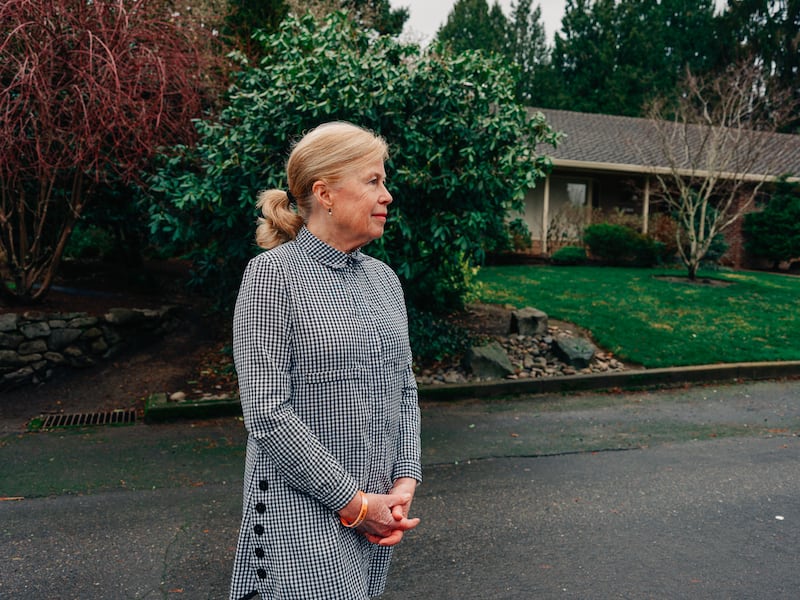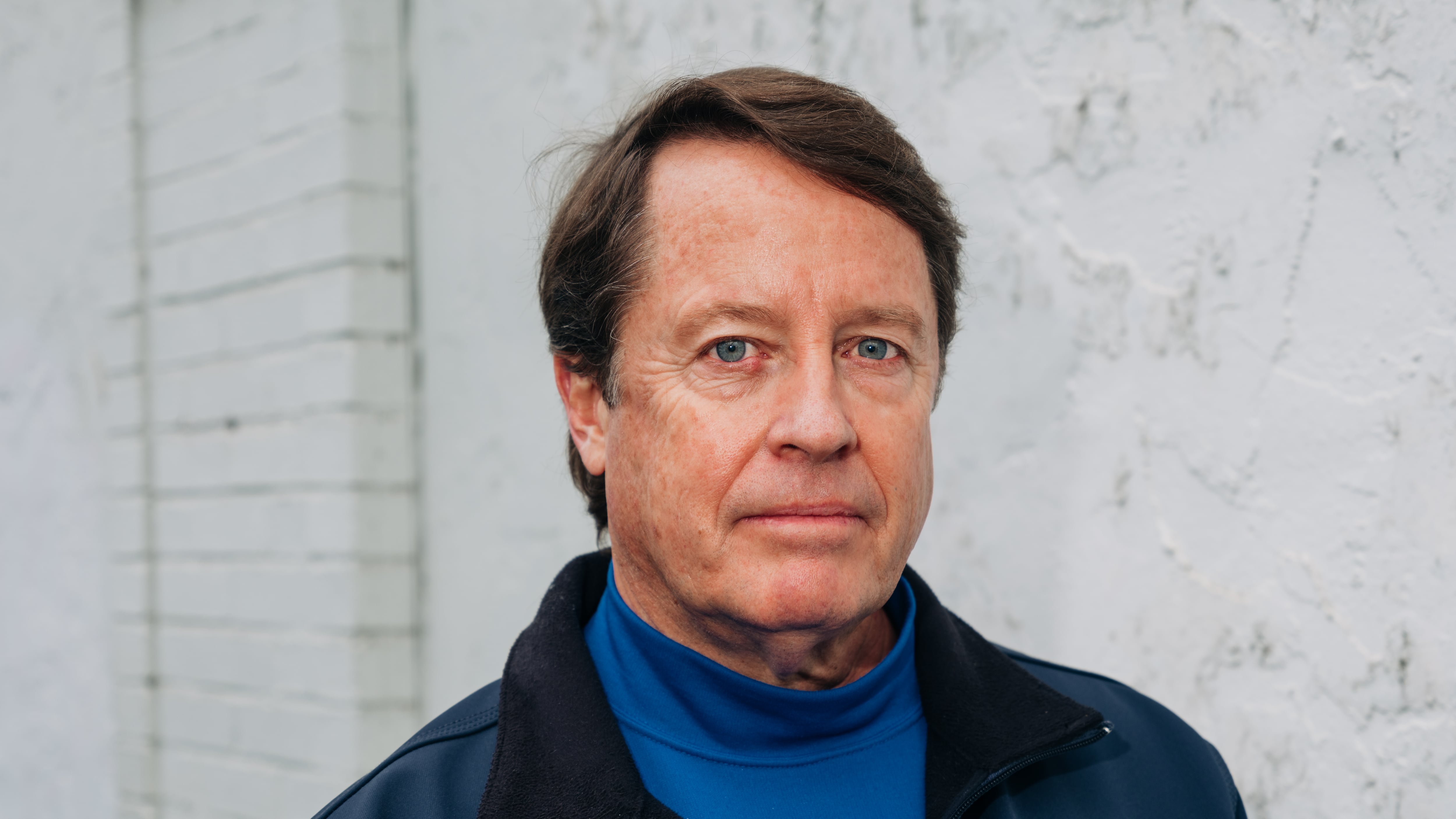SUBJECT: Post Acute Medical Withdrawal of Application for Certificate of Need
FROM: Arden J. Olson, attorney for Post Acute Medical
TO: Oregon Health Authority
DATE: July 5, 2023
Last week, Post Acute Medical LLC, which operates 41 post-hospitalization rehabilitation facilities in 22 states, pulled the plug on its nearly five-year effort to open a new, 50-bed rehab center in Tigard.
Post Acute Medical, along with another rehab provider, Encompass Health, had hoped to fill what it saw as a gaping need: Oregon ranks second to last in the nation in rehab beds, which serve patients who have suffered strokes, heart attacks, brain injuries and other traumatic incidents.
In order to open in Oregon, the newcomers had to obtain a “certificate of need” from the Oregon Health Authority, effectively a finding that there was demand for the new services.
Over the objections of Legacy Health, the state’s biggest existing rehab provider, and the Oregon Health Care Association, which represents nursing homes that also provide rehabilitation services, the state granted both applications. Legacy and the OHCA appealed, and the matter is currently awaiting action in the Oregon Court of Appeals. But on PAM, at least, the opponents won.
“The dogged self-interest of PAM’s opponents (who sought delay at every turn and plainly have no concern about the patients who would benefit from PAM’s services) shows no signs of abating, and the Oregon appellate courts promise to give those opponents years of further delay at the very best,” wrote Arden Olson, attorney for Post Acute Medical.
The withdrawal prompted a series of reactions from involved parties.
Kathryn Nichols, whose son David, a young Boeing engineer, nearly died in a 2017 climbing accident, says her family’s experience—they had to go to Colorado for rehab services—shows the shortage of beds in Oregon (“Free Fall,” WW, Jan. 18). She’s frustrated that existing providers can use the regulatory approval process to keep competitors out.

“As the parent of a traumatic brain injury survivor, I was very disappointed and saddened to learn that PAM has withdrawn its application,” Nichols says. “This outcome illustrates well how the state’s certificate of need process can be highjacked and become a barrier to meeting a critical and long-standing well-documented need affecting many.”
David Kracke, the state’s brain injury advocate coordinator at the University of Oregon, agrees. “We should have a system in place that prioritizes patients over antiquated, and bureaucratic, processes,” Kracke says. “Demand for these in-patient rehab beds is increasing and will continue to increase over the coming years.”
But Phil Bentley, CEO of the Oregon Health Care Association, says PAM’s withdrawal is a recognition that the company would have lost in court. The nursing homes believe they can provide many of the services PAM and other companies do, at lower prices, but the state disagreed. “We believe that when PAM read our appellate brief, it became clear that OHA’s erroneous final order will not hold up,” Bentley says. He notes that an administrative law judge found the OHA erred in awarding the certificates of need but OHA overruled that judge. Legacy did not respond to a request for comment by press deadline.
PAM’s withdrawal leaves an application from Encompass Health for a 50-bed facility in Hillsboro still pending—and still part of the case in front of the state Court of Appeals. And regardless of how that case ends, the issue isn’t over: Records show that Vancouver, Wash.-based PeaceHealth filed an application in June for a certificate of need for a 50-bed rehab facility in Springfield.

